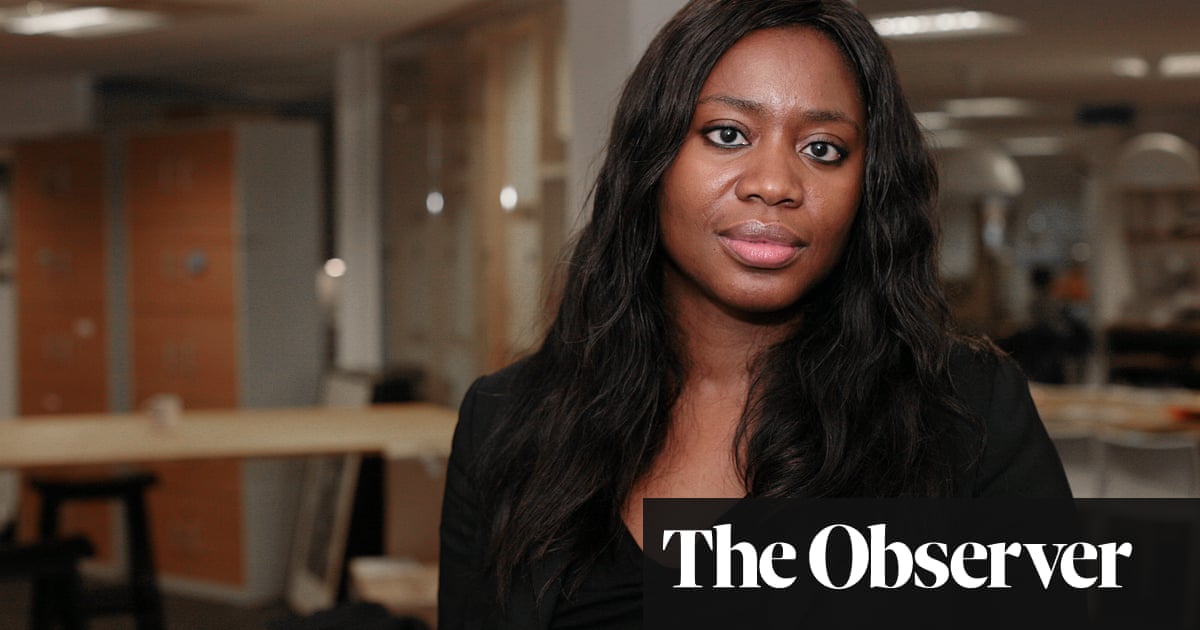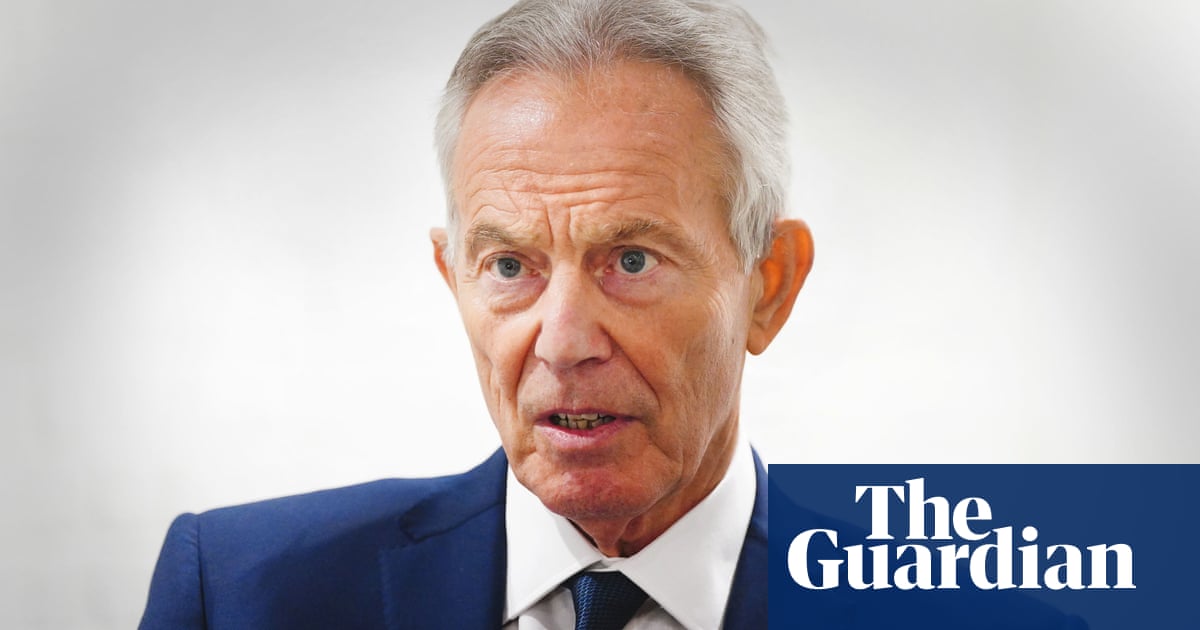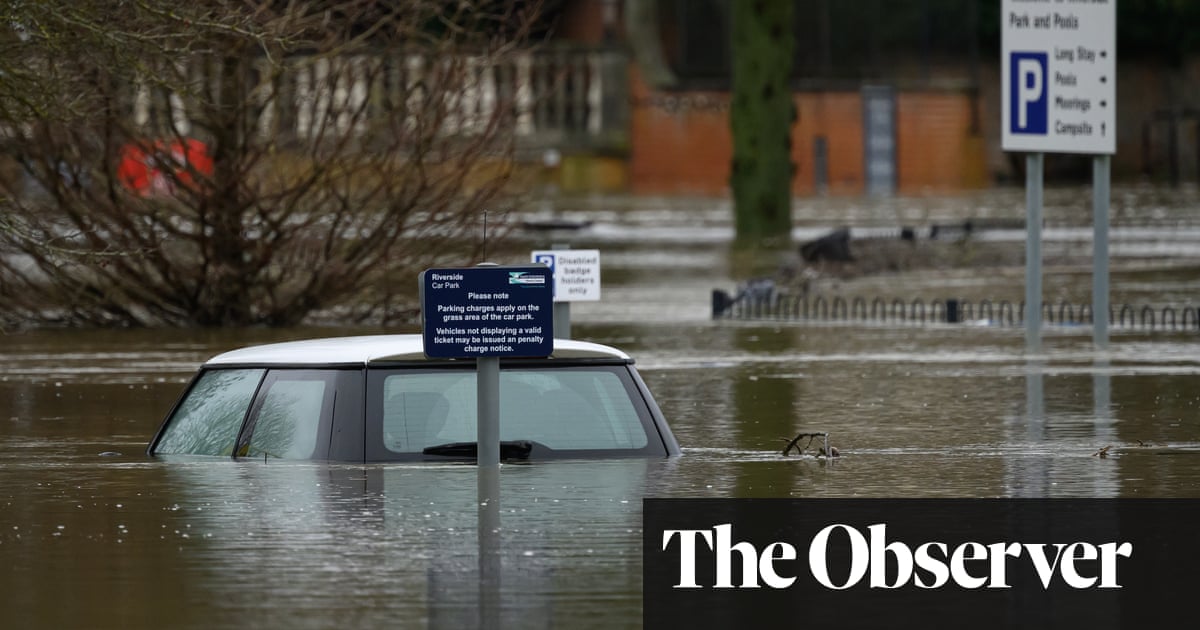
The global climate summit in Glasgow will be the whitest and most privileged ever, according to campaigners, who warn that thousands of people from frontline communities in the global south have been excluded.
World leaders and delegates are expected to be joined by celebrities, corporate chief executives and royals at the critical two-week event.
But the Cop26 Coalition – which represents indigenous movements, vulnerable communities, trade unionists and youth strikers around the world – says that up to two-thirds of those it was helping to travel to Glasgow have given up, overwhelmed by a combination of visa and accreditation problems, lack of access to Covid vaccines and changing travel rules – as well as “scarce and expensive” accommodation.
Rachael Osgood, director of immigration at Cop26 Coalition, said: “This event, because of multiple combining factors, most of which fall under the responsibility of government, is set to be the most elite and exclusionary Cop ever held.”
She said that, while it was difficult to put a precise figure on the numbers of observers, campaigners and civil society groups from the global south who had been prevented from coming, the impact on the negotiations would be significant.
“What we know for certain is that thousands of people from the global south are being excluded, and they represent tens of millions of voices from those right on the frontline of this crisis which are not going to be heard … We are looking at global north countries making decisions with minimal accountability to those least responsible and most affected, and that goes against everything Cop should stand for.”
Campaigners say activists and observers have been prevented from coming by:
an underlying “hostile attitude” from the UK Home Office towards those travelling from countries in the global south, particularly Africa, which has led to many visas being refused;
a failure to honour a pledge to offer Covid vaccines to all delegates, leaving many to search for vaccines in countries with little or no access;
constantly changing Covid restrictions for those entering the UK, with travel banned from countries on the UK’s red list, which, until this month, included many of the countries worst hit by the climate crisis. This has left many to seek costly and complicated routes to Glasgow via third countries;
an accommodation crisis in the city that has made finding a safe place to stay difficult and expensive. Campaigners have set up a “homestay network” to try to link people up with spare rooms, but say they have thousands on their waiting list
Asad Rehman, of the Cop26 Coalition, said: “Cop26 is going to be overwhelmingly white and rich this year. The UN climate talks are always exclusionary, but this year the logistics of this summit have been extraordinarily badly managed. On every level, those who are most affected by this crisis have been systemically silenced and excluded.
“It has become increasingly clear that the UK government has prioritised the Cop being a global platform to promote its and other rich countries’ interests, whilst delivering an inclusive and legitimate Cop is a distant afterthought.”
Lidy Nacpil, of the Asian People’s Movement on Debt and Development, who is based in the Philippines, said these hurdles had made it impossible for her team to attend. “The challenges and complications related to vaccines, visas and quarantine requirements that the UK failed to adequately address are the main reasons why we will not be at Cop26,” she said.
She said that while Cop processes had always been “dominated by wealthy countries and corporate interests”, the lack of representation from the global south would exacerbate those trends.
“Given far less southern participation, especially of movements, Cop26 will fail to bring us closer to climate justice,” she said.
Dorothy Guerrero, of campaign group Global Justice Now, also warned that an absence of people from the global south would have dire consequences. “This will only benefit rich nations that will decide on key issues and benefit their transnational corporations with limited protests from developing countries and NGO observers.”
A spokesperson for Cop26 said the UK government was “working tirelessly” with the Scottish government and the UN to “ensure an inclusive, accessible and safe summit … with a comprehensive set of Covid mitigation measures”.
They added that they had secured about a third of hotel rooms in Glasgow, Edinburgh and the surrounding areas, making them available at a fair price, and were offering to fund the required quarantine hotel stays for registered delegates arriving from red-list countries and to vaccinate accredited delegates.
But campaigners say the situation on the ground for those wanting to travel from the global south is dire. Osgood said that in some of the countries facing the worst impacts of climate breakdown, almost no one – including official delegates and observers – had been able to secure travel routes or visas.
“Haiti is a prime example,” said Osgood. “To get a visa, you need to have your fingerprints and face scanned, but there is no facility for this in the country, so anyone wanting to go has to travel to the Dominican Republic to complete their application. But this is expensive and limited, so no observers or civil society groups will make it to Cop, which is a travesty.”
Osgood, who runs the coalition’s visa and legal advice service, said she had raised this and many other issues with the UK Home Office, but it took them three months to even identify a Cop liaison officer to discuss cases with.
The Home Office said it had been working with delegates from around the world on their visa applications “to ensure Cop26 is inclusive and accessible”.
A spokesperson said: “We aim to process all visa applications within 15 working days – but those which are more complicated, or when individuals do not provide the required information, may take longer.”
But Osgood said: “The road to this Cop for many people is broken and strewn with structural obstacles, it is an unequal and unjust system and that will have a huge impact on the climate justice outcomes.”












